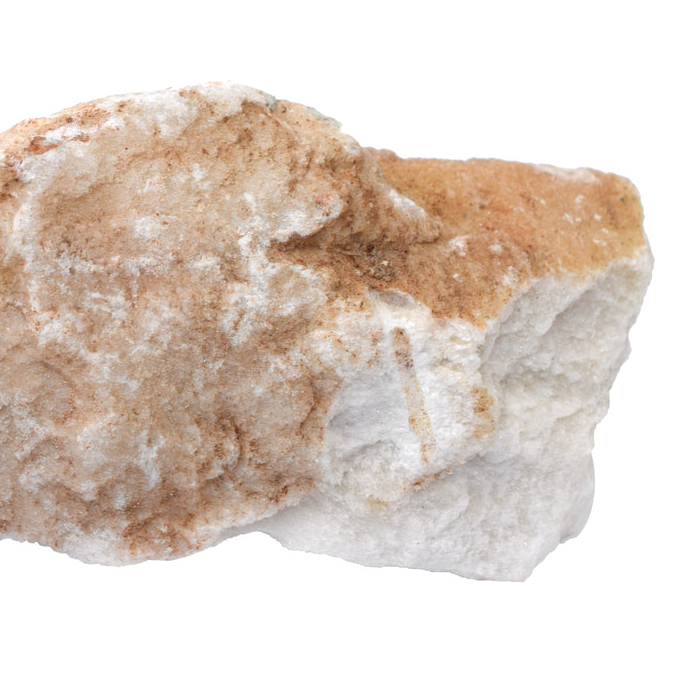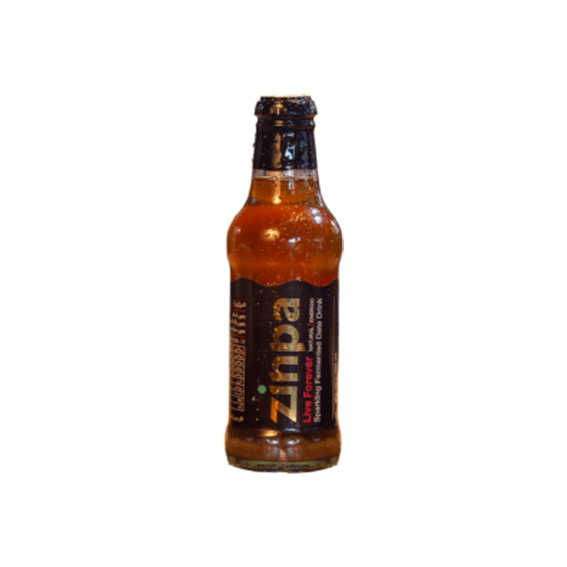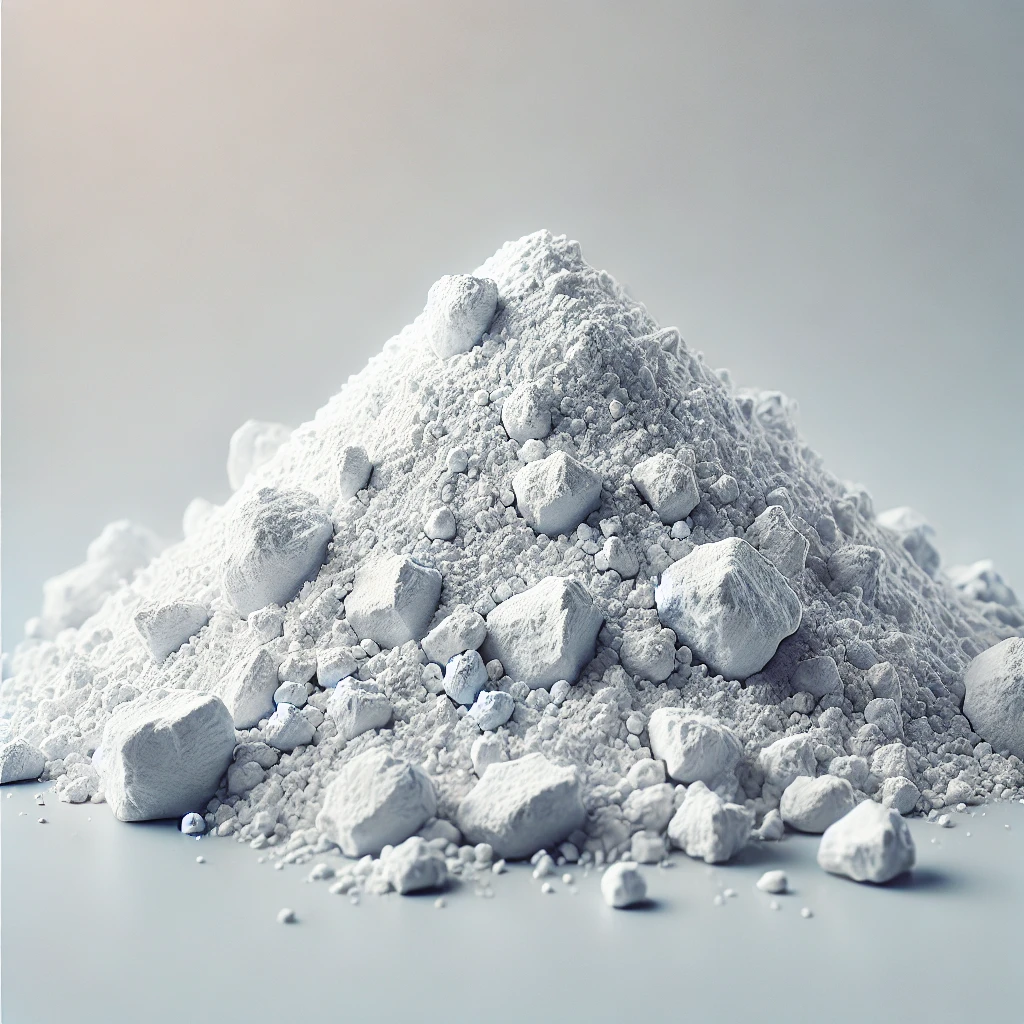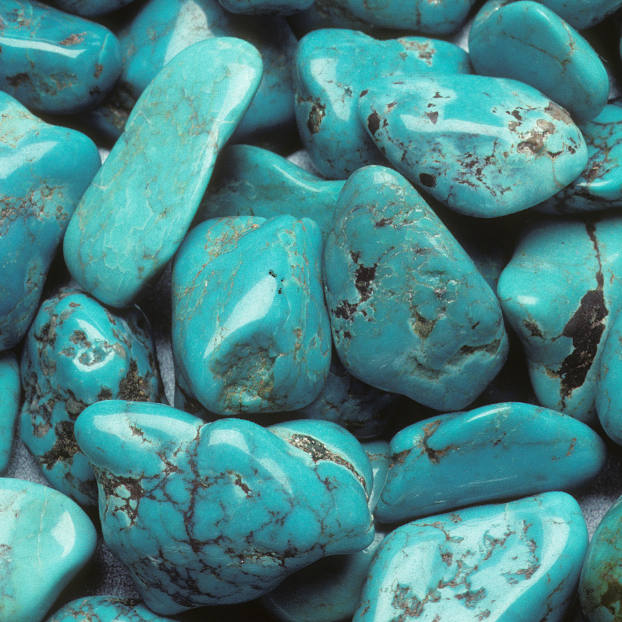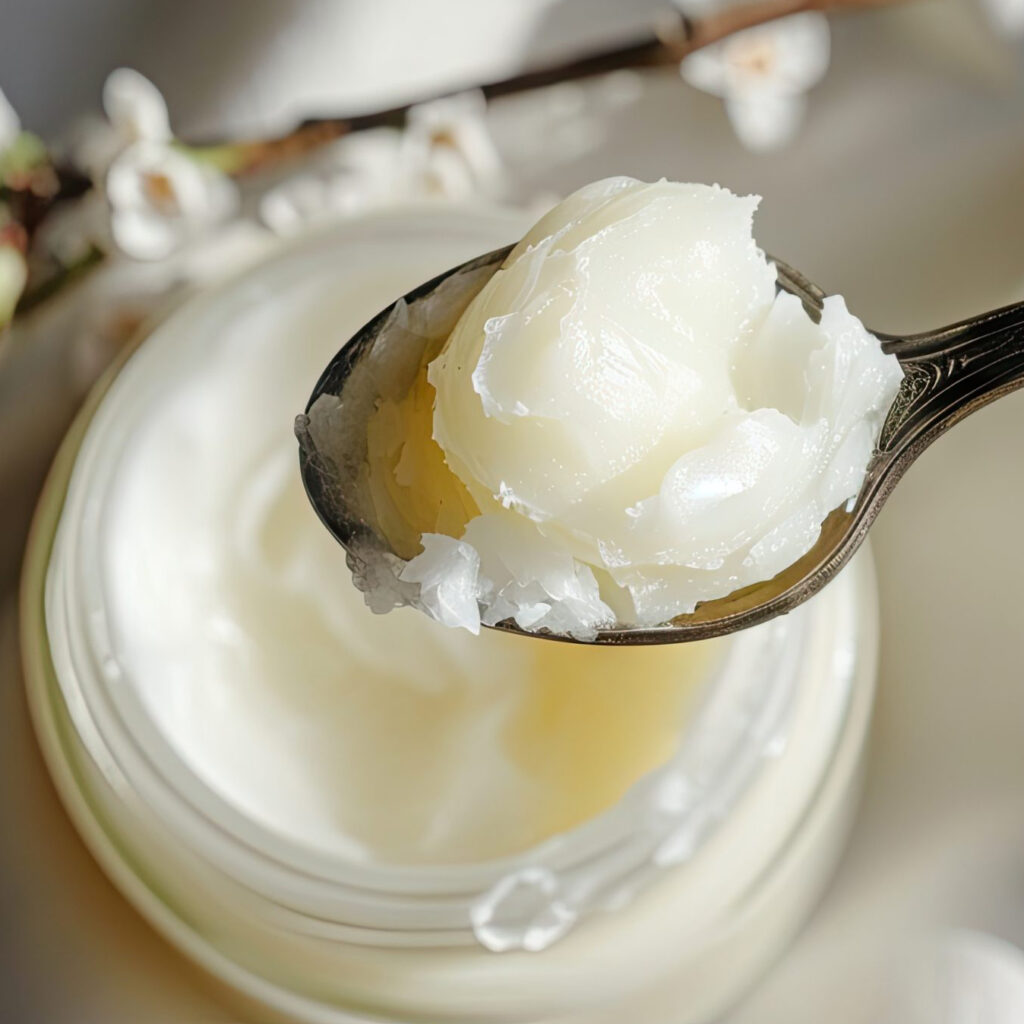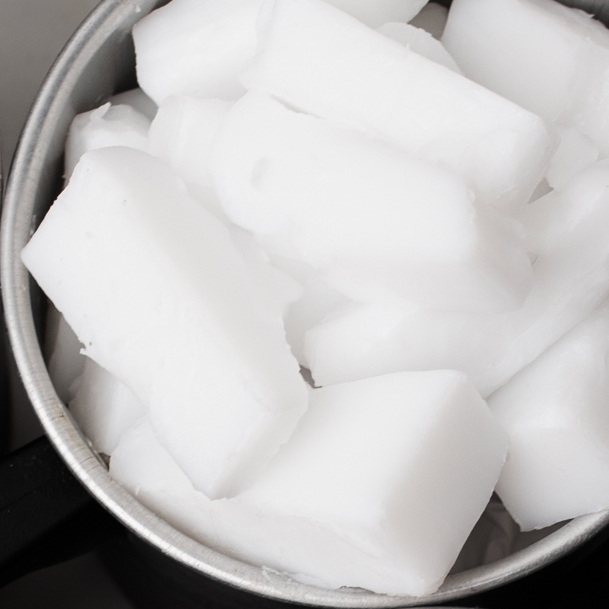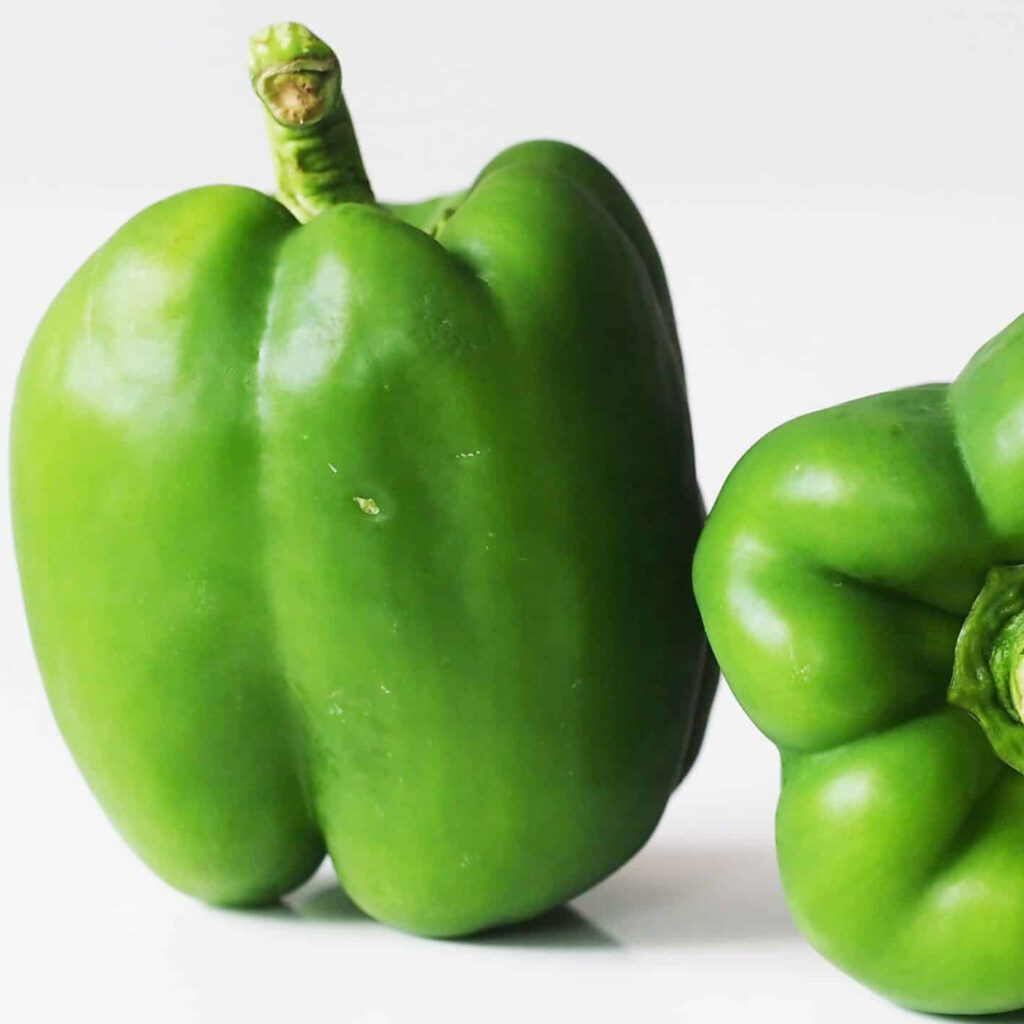Gypsum powder is a fine, white powder made from gypsum rock, a soft mineral composed of calcium sulfate dihydrate (CaSO₄·2H₂O). It is widely used in various industries due to its versatile properties. Here are some key aspects of gypsum powder:
Uses of Gypsum Powder:
Construction: Gypsum powder is used to make drywall (gypsum boards or plasterboards) and plaster, which is applied on walls and ceilings for finishing.
Agriculture: It improves soil structure by breaking up compact soil and allowing better water and air movement. It also provides calcium and sulfur to the soil, benefiting plant growth.
Cement Industry: It is added to cement to control the setting time, allowing the concrete to remain workable for longer periods during construction.
Art and Craft: Gypsum powder is used for making decorative molds, sculptures, and art pieces.
Medical: It is used in orthopedic casts for immobilizing broken bones, known as plaster of Paris.
Manufacturing Process:
Extraction: Gypsum rock is mined from quarries or underground deposits.
Crushing and Grinding: The rock is crushed and ground into a fine powder.
Heating (Calcination): The ground gypsum is heated to about 150-180°C to remove some of the water content, turning it into hemihydrate gypsum, commonly known as plaster of Paris (CaSO₄·0.5H₂O).
Final Powdering: The heated material is then finely ground to produce gypsum powder.
Properties:
-Non-toxic and non-flammable.
-Thermal and sound insulation.
-Fire-resistant when used in construction materials.
Gypsum rock is a naturally occurring mineral composed primarily of calcium sulfate dihydrate (CaSO₄·2H₂O). It is soft, typically white or colorless, though impurities can give it shades of gray, yellow, pink, or even brown. Gypsum forms through the evaporation of seawater in sedimentary rock layers and is often found in thick beds or layers.
Key properties of gypsum rock:
-Softness: It ranks 2 on the Mohs hardness scale, meaning it can be scratched with a fingernail.
-Solubility: While slightly soluble in water, it can dissolve over time, especially in the presence of heat or pressure.
-Uses: Gypsum is widely used in construction (as plaster and drywall), agriculture (as a soil conditioner), and even in the food industry (as a coagulant in tofu production).
The rock can undergo heating to remove water content, turning it into plaster of Paris (anhydrous gypsum), which hardens when mixed with water.

